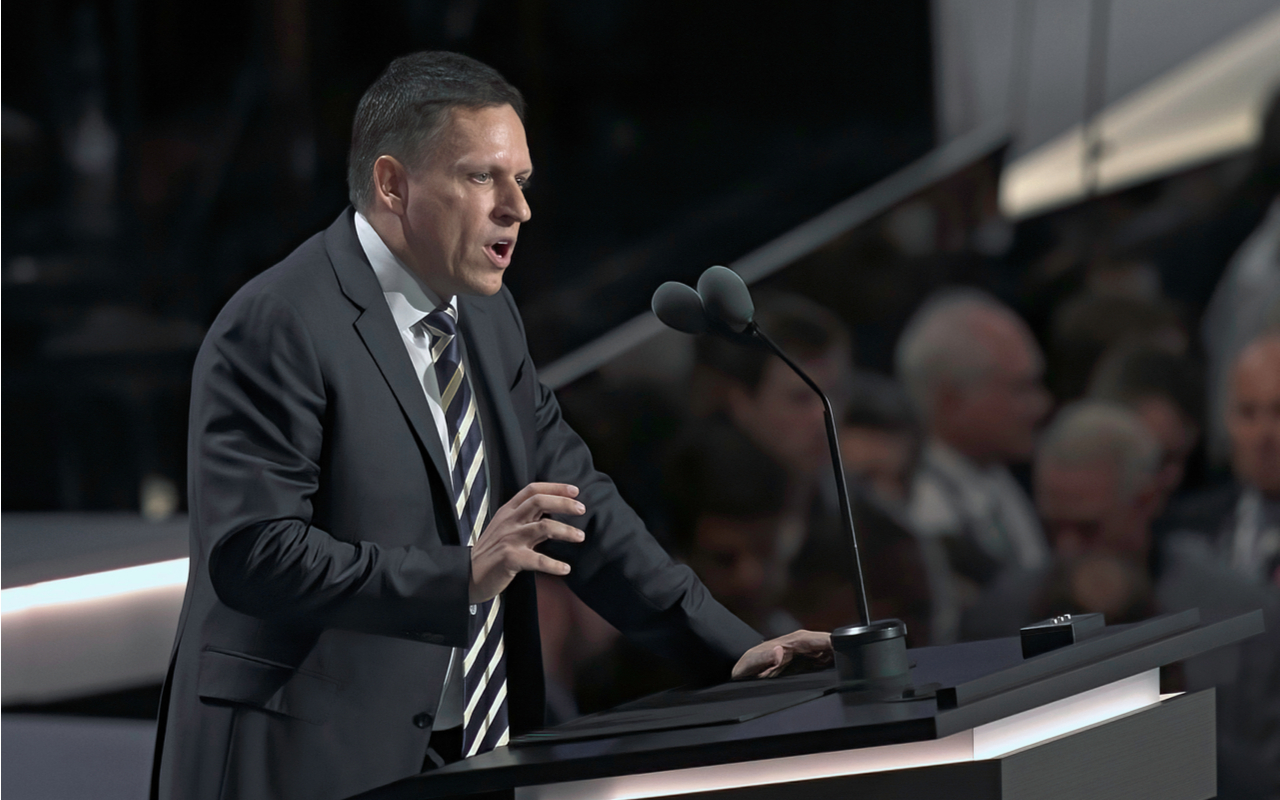Following up on their blockbuster reporting on the paltry income tax payments of America’s top billionaires, ProPublica has exposed the billionaire stuffing of Roth IRAs.
PayPal founder Peter Thiel, according to ProPublica, started a Roth IRA with a contribution of less than $2,000 in 1999 and enjoyed tax-free gains that ballooned to $5 billion by 2019.
Because they accrued entirely inside a Roth IRA, Thiel will pay zero in federal income tax on his $5 billion in gains. That’s how these individual retirement accounts work. Unlike a contribution to a traditional IRA, a contribution to a Roth IRA is not tax deductible. But as long as no premature distributions are made, the investment gains escape income tax entirely — no matter how huge a Roth IRA grows.
Thiel is not alone among the ultra-wealthy who’ve exploited this loophole. ProPublica reports that Warren Buffett and Ted Wechsler of Berkshire Hathaway, Randall Smith of Alden Capital, and Robert Mercer of Renaissance Technologies have all used Roth IRAs to create massive tax-free slush funds.
For these economic elites, using the Roth IRA has zero to do with retirement planning and everything to do with tax avoidance.
How long has Congress known about this and done nothing?
At least nine years. Back in 2014, I penned an op-ed about a gigantic Roth IRA owned by Max Levchin, also a PayPal founder. And I had learned about Levchin’s Roth in part from Forbes reporting from 2012. Forbes mentioned Thiel’s Roth IRA in its report. Levchin apparently seeded his magic Roth with Yelp stock. But he may have learned of the strategy from his PayPal co-founder Thiel.
What ProPublica’s report adds to what we’ve known for years is information is the sheer size of Thiel’s Roth IRA. And even that should come as no surprise. As I noted in 2014, Levchin’s massive Roth could have been in the $300 million range at that time. With seven years of huge stock market gains since then, should we not have expected to see billion-dollar Roths by now?
Would this abuse be hard for Congress to rein in? Hardly. ProPublica noted that Senator Ron Wyden had proposed a reform plan in 2016, only to later abandon it because getting it through the Republican-controlled Senate was hopeless.
Here’s what I proposed in 2014:
“First, the rules should require that Roth IRAs be distributed during their owners’ retirement years. That’s the point of a retirement account.
Second, the tax-exemption should end at death. The IRA is there to fund the owner’s retirement, not confer a lavish tax benefit on his heirs.
Third, tax exemption should be limited, perhaps to the first $2 million of distributions. Regulators can’t stop Roth IRA owners from realizing outsized gains, but there’s no sound reason for the tax exemption to be unlimited.”
Others have made similar proposals. The challenge here is not one of how to reform the rules. It’s electing leaders who will do the right thing.
